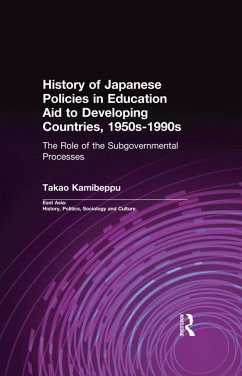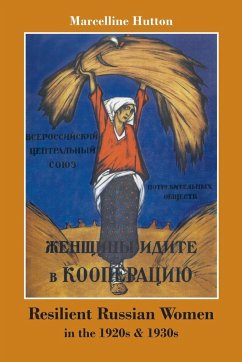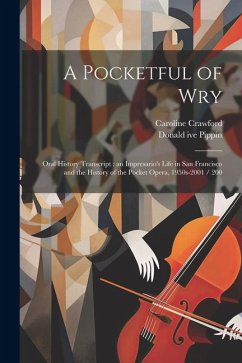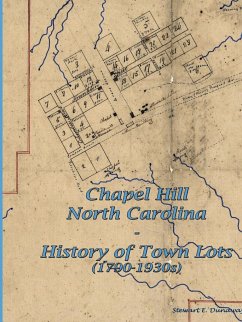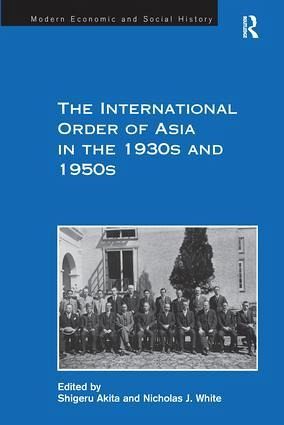
The International Order of Asia in the 1930s and 1950s
Versandkostenfrei!
Versandfertig in 1-2 Wochen
68,99 €
inkl. MwSt.
Weitere Ausgaben:

PAYBACK Punkte
34 °P sammeln!
This book reconsiders the nature and formation of Asia's economic order during the 1930s and 1950s in light of the new historiographical developments in Britain and Japan. Recently several Japanese economic historians have offered a new perspective on Asian history, arguing that the economic growth was fuelled by the phenomenon of intra-Asian trade which began to grow rapidly around the turn of the 19th-20th centuries. On the other side, several British imperial historians, have presented their own provocative interpretation of 'Gentlemanly capitalism and British expansion overseas', in which ...
This book reconsiders the nature and formation of Asia's economic order during the 1930s and 1950s in light of the new historiographical developments in Britain and Japan. Recently several Japanese economic historians have offered a new perspective on Asian history, arguing that the economic growth was fuelled by the phenomenon of intra-Asian trade which began to grow rapidly around the turn of the 19th-20th centuries. On the other side, several British imperial historians, have presented their own provocative interpretation of 'Gentlemanly capitalism and British expansion overseas', in which they emphasize the leading role of the service sector rather than that of British industry in assessing the nature of British expansion overseas. Dealing with issues of trade, economy, nationalism and imperialism, this book provides fresh insights into the development of Asia during the mid-twentieth century.





